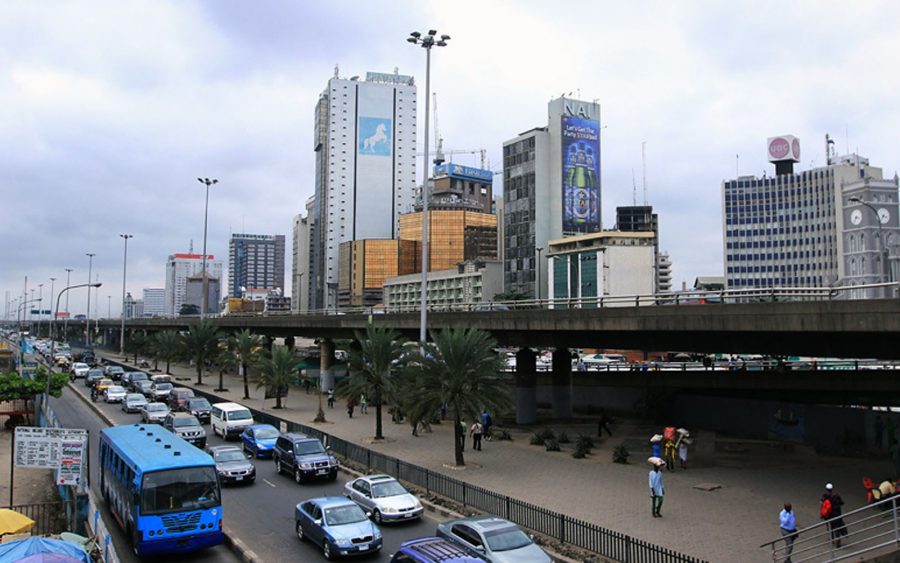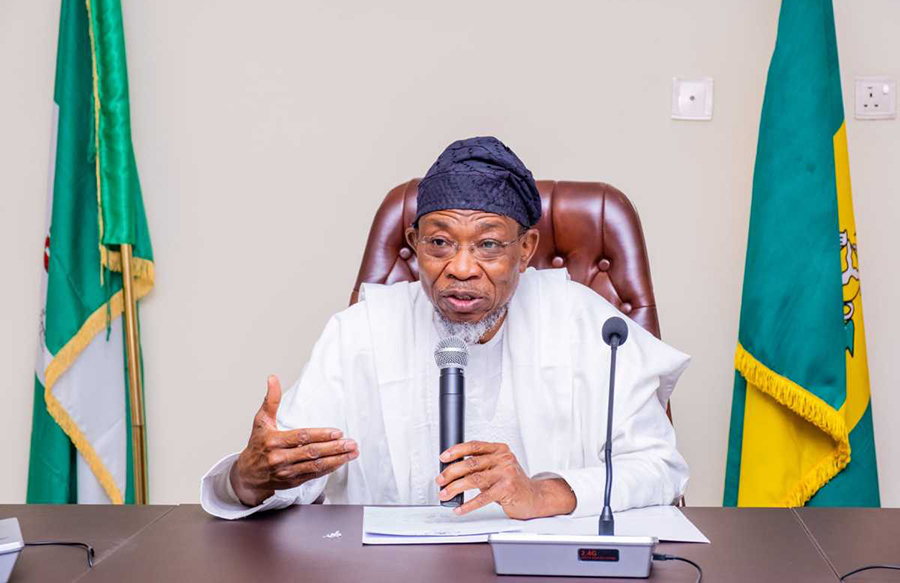The Federal Government has approved the establishment of Shoe, Garment, and Leather processing factories in Kano and Abia state, through a PPP worth N5.08 billion, in a bid to revive its production.
This disclosure was made by the Federal Minister of Interior, Mr. Rauf Aregbesola, in a tweet via his official Twitter account.
Yesterday, the Federal Executive Council approved a memo I presented on the establishment of Shoe, Garment and leather processing factories in Janguza, Kano State and Aba in Abia State under a PPP arrangement. pic.twitter.com/658ryBWE1E
— Rauf Aregbesola (@raufaregbesola) October 8, 2020
The decision to establish the processing factories was borne from the Memo which Mr. Rauf Aregbesola, presented during the Federal Executive Council meeting yesterday.
The memo gave a detailed analysis of how the potentials in the shoe, garment and leather processing industry could be harnessed and used to the country’s advantage to create value, foster social development and remedy the country’s unemployment issues.
The Minister while presenting the memo, explained that the establishment of Shoe, Garment and Leather processing factories in Janguza, Kano State and Aba in Abia State under a PPP arrangement worth N5.08 billion, will create 1,290 direct employment and 3,000 indirect employment when the factories become operational.
(READ MORE: FG to revitalize rice farms in rice producing regions)
Providing more details on the arrangement of the project, Mr Aregbesola reiterated that the establishment of the factories will be under a Public-Private Partnership (PPP) with Erojim Investment Limited and its technical partners, Poly Technologies of China.
It is important to note that the PPP arrangement is aimed at establishing a world-class factory using the most modern technology and quality inputs to produce high-quality shoes, garments, and leather products to meet the demand of NCS and other Ministries, Departments and Agencies (MDAs), whose personnel wear uniforms and make use of other accessories.
READ: Questioning Nigeria’s fiscal federalism and resource sharing models
In case you missed it: The FG in May had disclosed through the Director-General of the Infrastructure Concession Regulatory Commission (ICRC), Mr. Chidi Izuwah, that it would be targeting N5.08 billion from the partnership with the private sector to revive the garment and leather industries.
At the time of the publication in May, Mr. Chid Izuwah explained that the N5.089 billion would be made up of 80 per cent debt and 20 per cent equity with zero financial contribution by the federal government.
READ: Nigeria @ 60: The Aviation sector and its travails
However, the approval of the establishment of the factories by the Federal Government is an avid step towards reviving Nigeria’s Manufacturing sector, as well as the activities of the garment and leather industries.






















Good one ogbeni